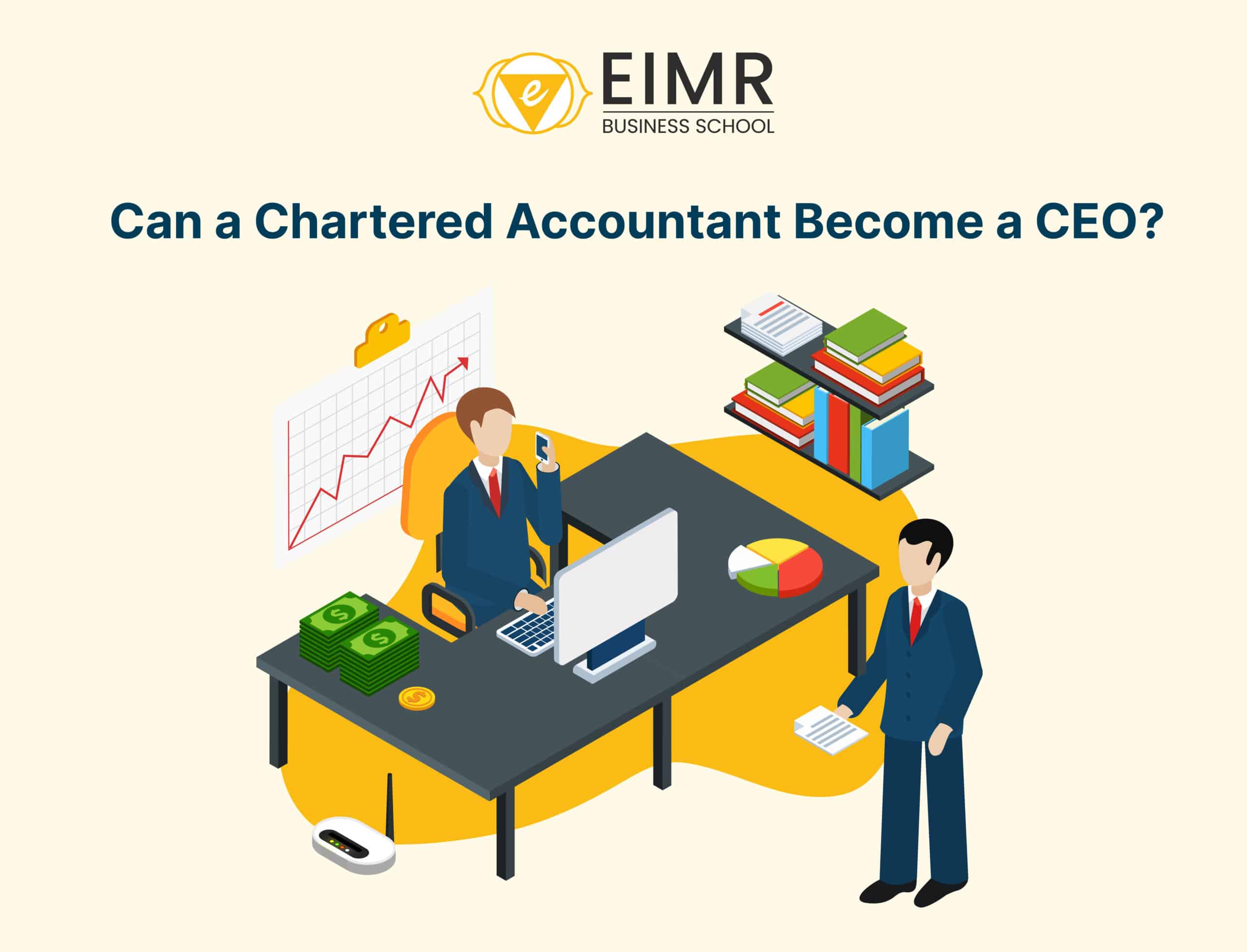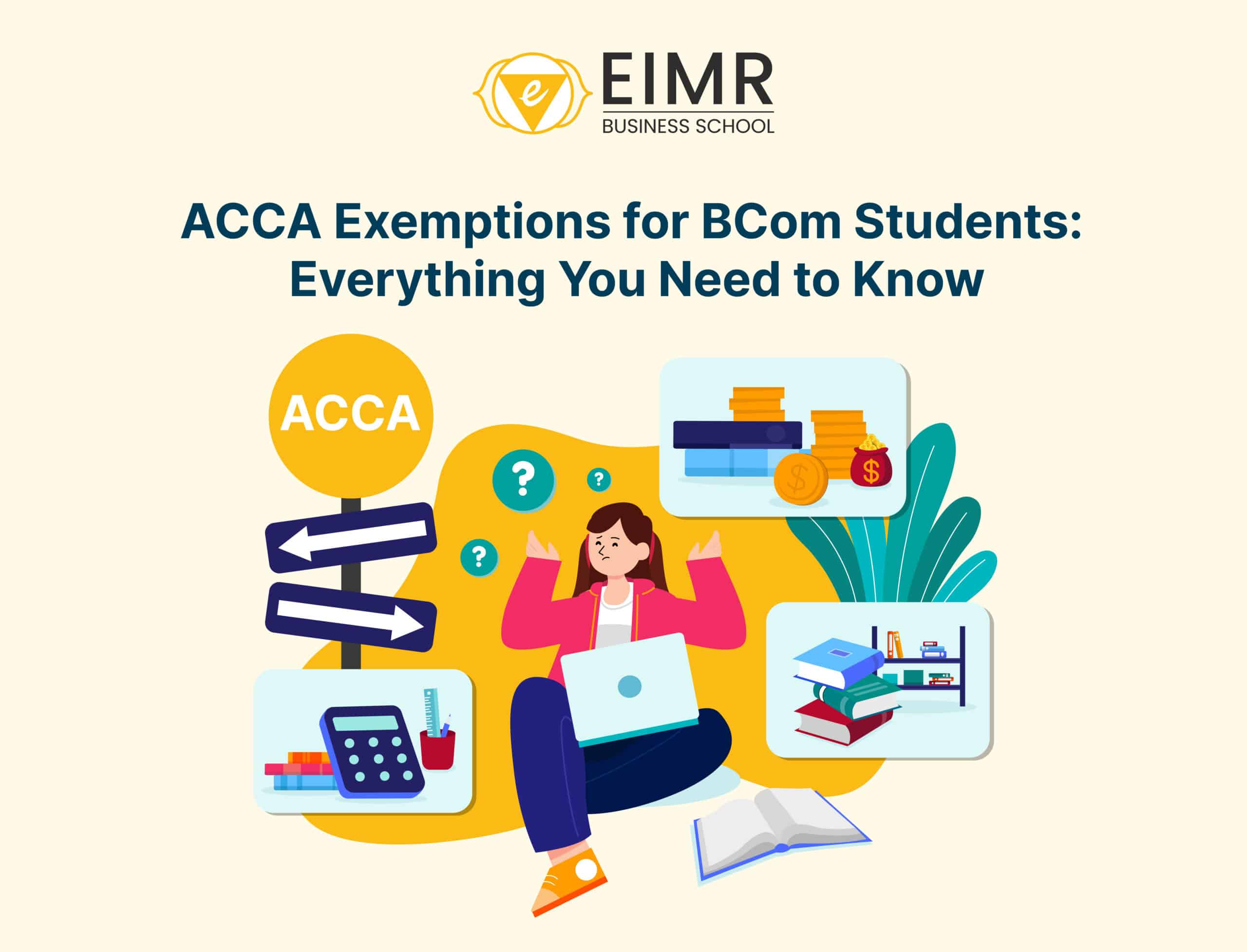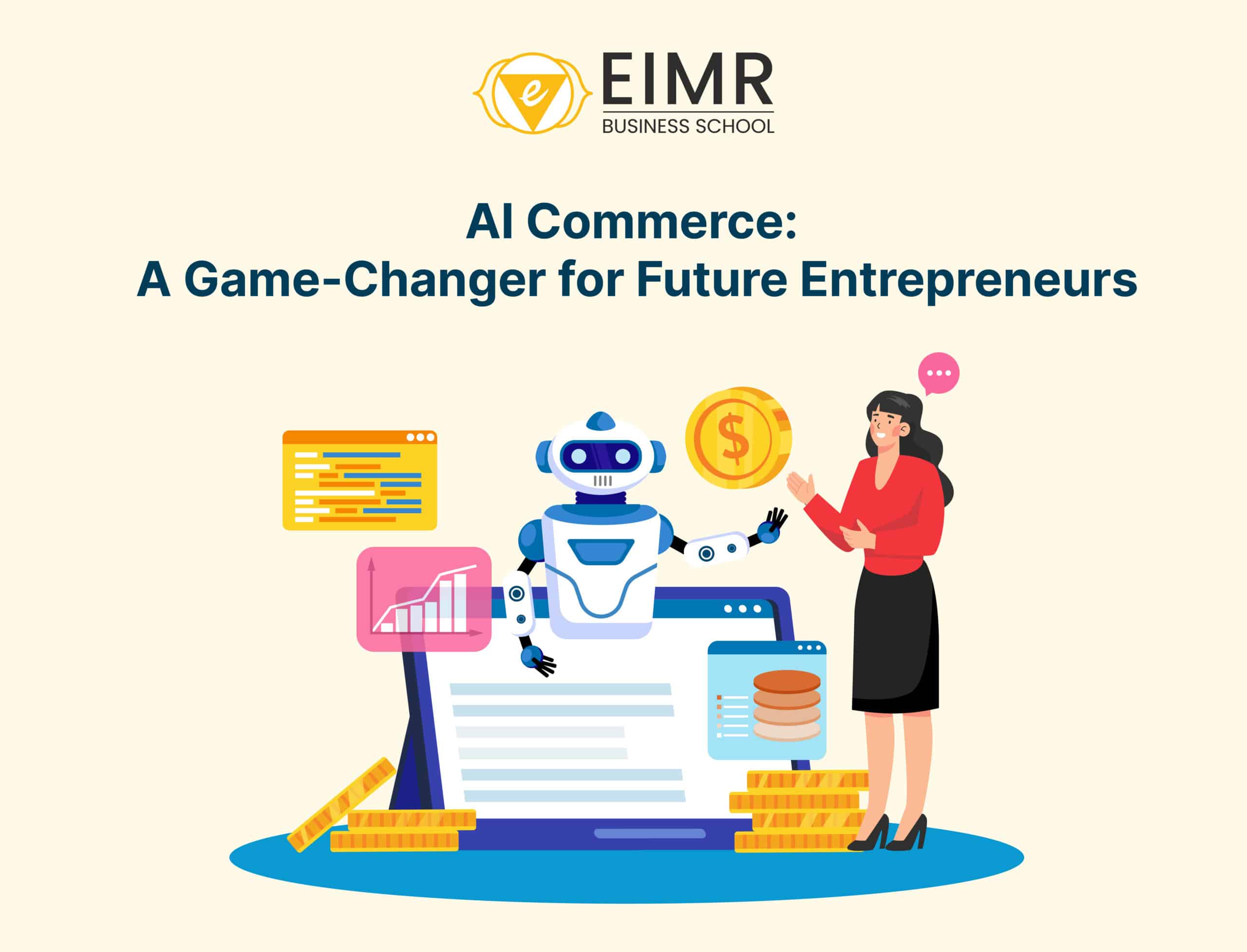Conventional Degrees May Leave Students Behind
Enter AI and ML Programmes: The Game Changers
AI and ML colleges are rewriting the playbook, such as blended learning, where academics are paired with applied research and industry projects and innovation ecosystems, which feature hackathons, incubation hubs, and startup mentorship.
Experiencing next-gen infrastructure like AI labs, cloud platforms, data leaks, and GPUs are also included. So are corporate and global immersion occurrences where real-world tie-ups, internships, and exchange programmes happen.
These are the types of exposures that make a young learner’s career.
Parent’s Cheat Sheet: Spotting the Right College
Instead of asking just about subjects, ask about industry-relevant projects and if students work on live cases. Question if there are existing global links such as immersion trips, international guest speakers and mentors.
AI is also about entrepreneurship and impact, other than just employability. A student should be able to build an AI-driven product, use data to construct business models that disrupt industries, and lead the new technological change in issues that we might not even recognise today.
Global Lens: India and the World
AI is no longer a specialisation; it is promptly becoming a mainstream major around the globe. In the US, AI-based startups are being funded and prioritised; universities in Europe combine design thinking with ethics, and Singapore, South Korea and other Asian hubs are building cutting-edge AI labs supported by corporate tie-ups.
In India, the tech ecosystem is catching up; however, the gap between a traditional degree and an AI-powered programme is widening every year. Those who opt for AI-focused institutions give themselves the same edge as their global peers and often an entrepreneurial head start.
Is It Just Jobs?
Thinking like creators instead of coders is the novel way to be. Education that is AI-focused is not about securing employment; it’s about innovating.
Competitions like hackathons give learners a chance to solve real problems. Exposure to entrepreneurial guidance and pitch platforms leads to building prototypes, business models and sometimes even funded tech-based startups.
A Mini Snapshot of Two Different Futures
Student A joins an AI-focused programme, builds a chatbot, gets supported on campus and raises seed funding. Whereas Student B completes a generic degree, learns surface-level coding and struggles for opportunities that would make an impact.







